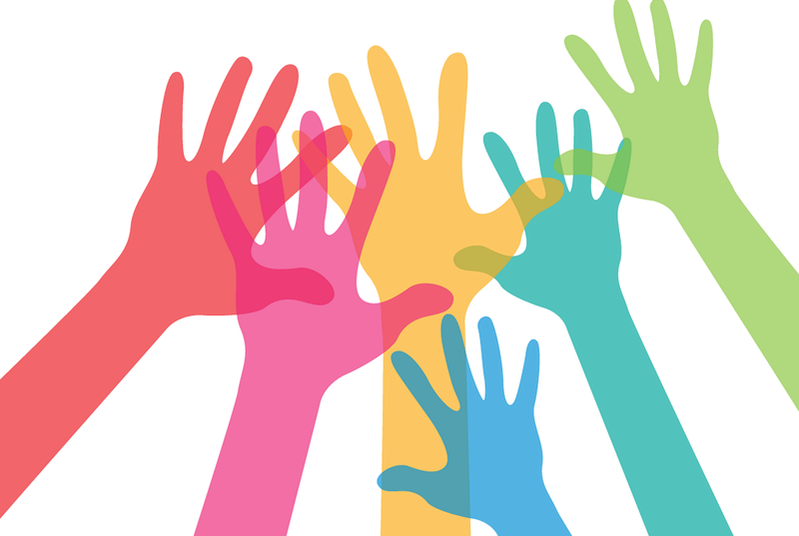|
Feature by Nikita Fernandes Via Pixabay In the safe space of therapy, it can be empowering and healing to use a relational-cultural approach when working with people of color or queer individuals. Relational-cultural theory, and by extension, relational-cultural therapy stems from the work of Jean Baker Miller, M.D. The practice aligned with the feminist and or multicultural movements in psychology while embracing many social justice aspects of these movements. This therapy takes into account people’s social factors such as culture, social class, and other demographics. Recently, there has been a push for more therapists of color in the field as some clients of color feel more comfortable with people that share social identities with them. When a BIPOC (Black, Indigenous, and people of color) therapist is seeing a BIPOC client, the therapist can create a connection with the client using shared identities to build rapport and help support the client’s life outside of therapy by using the therapeutic bond. This therapy promotes trust, self-development, emotional regulation, and comfort. Using mutual empowerment and mutual empathy empowers clients to take a step towards healing in their lives. AuthorNikita Fernandes is a pre-professional licensed mental health therapist in New York City. You can contact Nikita at nikita@mwr.nyc and read more blog posts at www.mwr.nyc
1 Comment
12/4/2023 02:36:36 pm
https://turkeymedicals.com
Reply
Leave a Reply. |
Authors
Archives
February 2023
Categories
All
|

 RSS Feed
RSS Feed